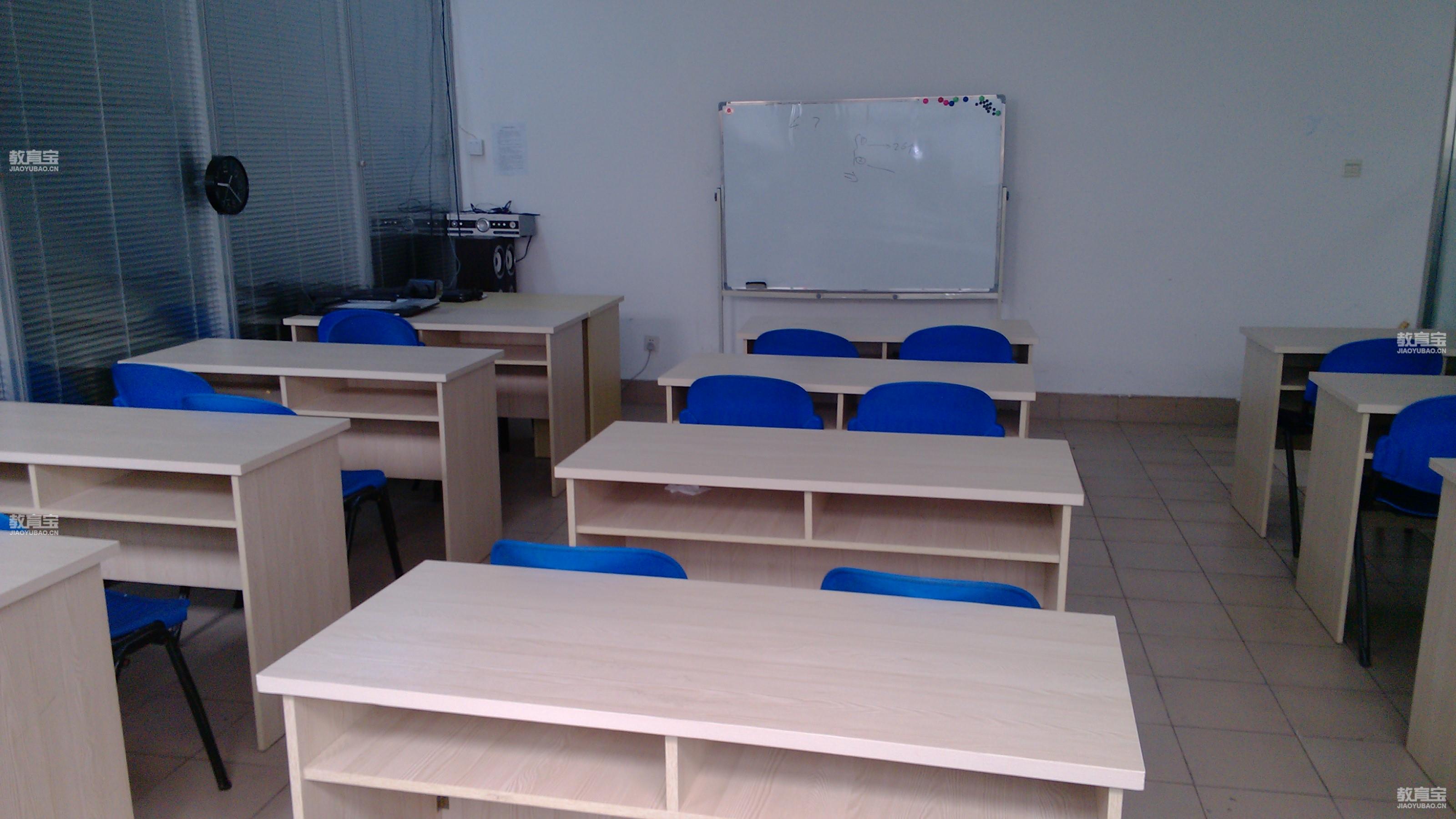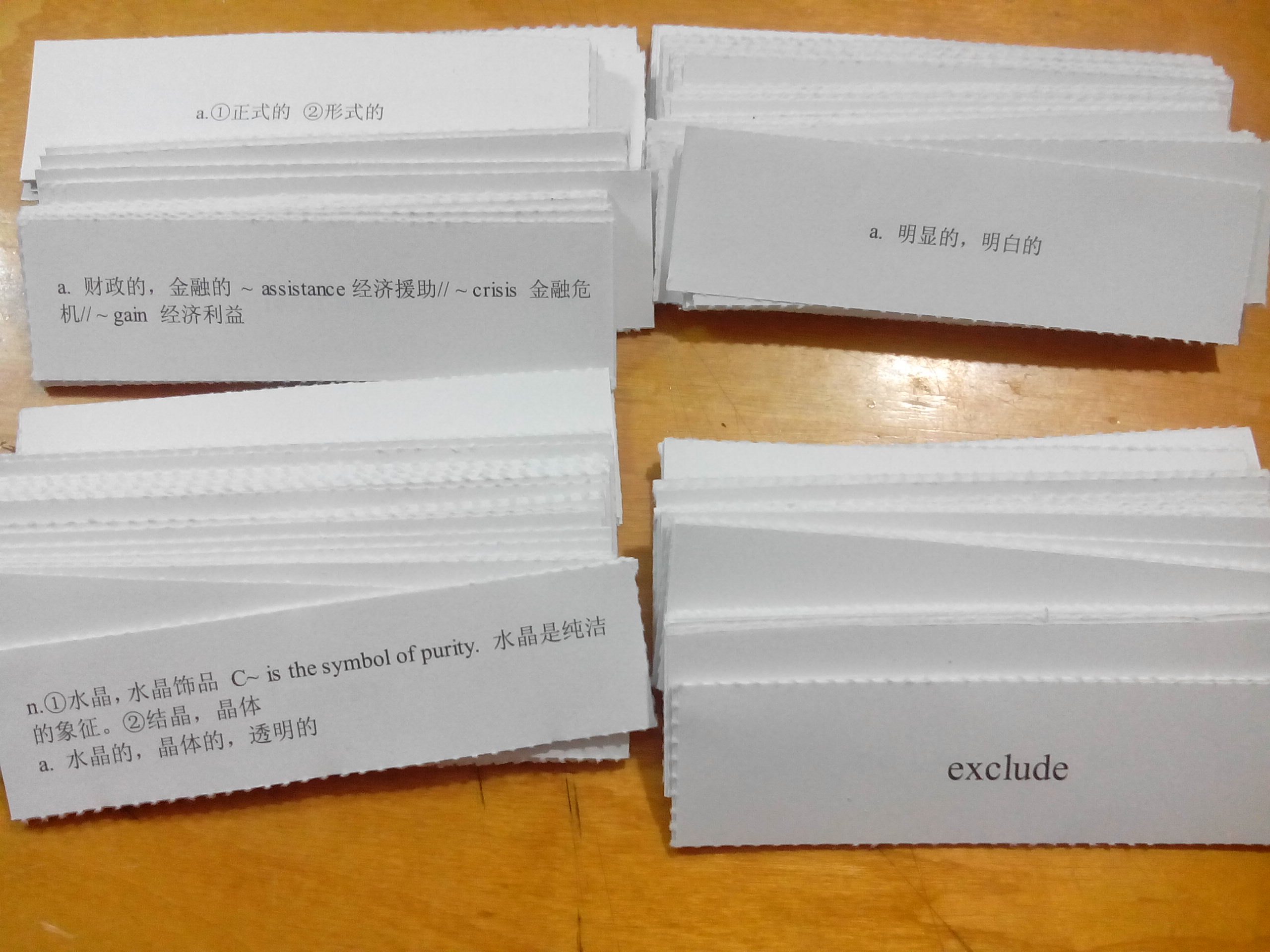 返回
教育头条
返回
教育头条

考研英语备考阅读真题知识点
下面小编跟大家一起了解考研英语备考阅读真题知识点,希望对大家的学习有所帮助、
1)Come on——Everybody’s doing it. That whispered message, half invitation and half forcing, is what most of us think of when we hear the words peer pressure. It usually leads to no good——drinking, drugs and casual sex. But in her new book Join the Club, Tina Rosenberg contends that peer pressure can also be a positive force through what she calls the social cure, in which organizations and officials use the power of group dynamics to help individuals improve their lives and possibly the word.
2)Rosenberg, the recipient of a Pulitzer Prize, offers a host of example of the social cure in action: In South Carolina, a state-sponsored antismoking program called Rage Against the Haze sets out to make cigarettes uncool. In South Africa, an HIV-prevention initiative known as LoveLife recruits young people to promote safe sex among their peers.
3)The idea seems promising,and Rosenberg is a perceptive observer. Her critique of the lameness of many public-health campaigns is spot-on: they fail to mobilize peer pressure for healthy habits, and they demonstrate a seriously flawed understanding of psychology.” Dare to be different, please don’t smoke!” pleads one billboard campaign aimed at reducing smoking among teenagers-teenagers, who desire nothing more than fitting in. Rosenberg argues convincingly that public-health advocates ought to take a page from advertisers, so skilled at applying peer pressure.

4)But on the general effectiveness of the social cure, Rosenberg is less persuasive. Join the Club is filled with too much irrelevant detail and not enough exploration of the social and biological factors that make peer pressure so powerful. The most glaring flaw of the social cure as it’s presented here is that it doesn’t work very well for very long. Rage Against the Haze failed once state funding was cut. Evidence that the LoveLife program produces lasting changes is limited and mixed.
5)There’s no doubt that our peer groups exert enormous influence on our behavior. An emerging body of research shows that positive health habits——as well as negative ones——spread through networks of friends via social communication. This is a subtle form of peer pressure: we unconsciously imitate the behavior we see every day.
6)Far less certain, however, is how successfully experts and bureaucrats can select our peer groups and steer their activities in virtuous directions. It’s like the teacher who breaks up the troublemakers in the back row by pairing them with better-behaved classmates. The tactic never really works. And that’s the problem with a social cure engineered from the outside: in the real world, as in school, we insist on choosing our own friends.
1)Come on——Everybody’s doing it. That whispered message, half invitation and half forcing, is what most of us think of when we hear the words peer pressure. It usually leads to no good——drinking, drugs and casual sex. But in her new book Join the Club, Tina Rosenberg contends that peer pressure can also be a positive force through what she calls the social cure, in which organizations and officials use the power of group dynamics to help individuals improve their lives and possibly the word.
2)Rosenberg, the recipient of a Pulitzer Prize, offers a host of example of the social cure in action: In South Carolina, a state-sponsored antismoking program called Rage Against the Haze sets out to make cigarettes uncool. In South Africa, an HIV-prevention initiative known as LoveLife recruits young people to promote safe sex among their peers.
3)The idea seems promising,and Rosenberg is a perceptive observer. Her critique of the lameness of many public-health campaigns is spot-on: they fail to mobilize peer pressure for healthy habits, and they demonstrate a seriously flawed understanding of psychology.” Dare to be different, please don’t smoke!” pleads one billboard campaign aimed at reducing smoking among teenagers-teenagers, who desire nothing more than fitting in. Rosenberg argues convincingly that public-health advocates ought to take a page from advertisers, so skilled at applying peer pressure.

4)But on the general effectiveness of the social cure, Rosenberg is less persuasive. Join the Club is filled with too much irrelevant detail and not enough exploration of the social and biological factors that make peer pressure so powerful. The most glaring flaw of the social cure as it’s presented here is that it doesn’t work very well for very long. Rage Against the Haze failed once state funding was cut. Evidence that the LoveLife program produces lasting changes is limited and mixed.
5)There’s no doubt that our peer groups exert enormous influence on our behavior. An emerging body of research shows that positive health habits——as well as negative ones——spread through networks of friends via social communication. This is a subtle form of peer pressure: we unconsciously imitate the behavior we see every day.
6)Far less certain, however, is how successfully experts and bureaucrats can select our peer groups and steer their activities in virtuous directions. It’s like the teacher who breaks up the troublemakers in the back row by pairing them with better-behaved classmates. The tactic never really works. And that’s the problem with a social cure engineered from the outside: in the real world, as in school, we insist on choosing our own friends.
考研英语备考阅读真题知识点,如果你喜欢这篇文章,请将其保留版权转载。我的微信号(18560125702)欢迎来咨询,10年教培行业工作经验,如果你在考研英语方面有疑问,请与我联系,我将为您提供全面专业的选课帮助。返回教育宝头条
【免责声明】本文仅代表作者本人观点,与教育宝无关。教育宝对文中陈述、观点判断保持中立,不对所包含内容的准确性、可靠性或完整性提供任何保证。请读者仅作参考,特此声明!
相关推荐
-
复试是考研中很关键的一步在口语和听力部分有什么诀窍可以保证高分
考研英语 2018年08月15日 16:55:44 -
考研英语 2018年08月22日 00:53:16
-
考研英语 2018年09月19日 09:57:04
-
雅思阅读Global Warming in New Zealand真题讲解
考研英语 2018年09月19日 09:57:08 -
考研英语 2018年09月19日 13:41:54





